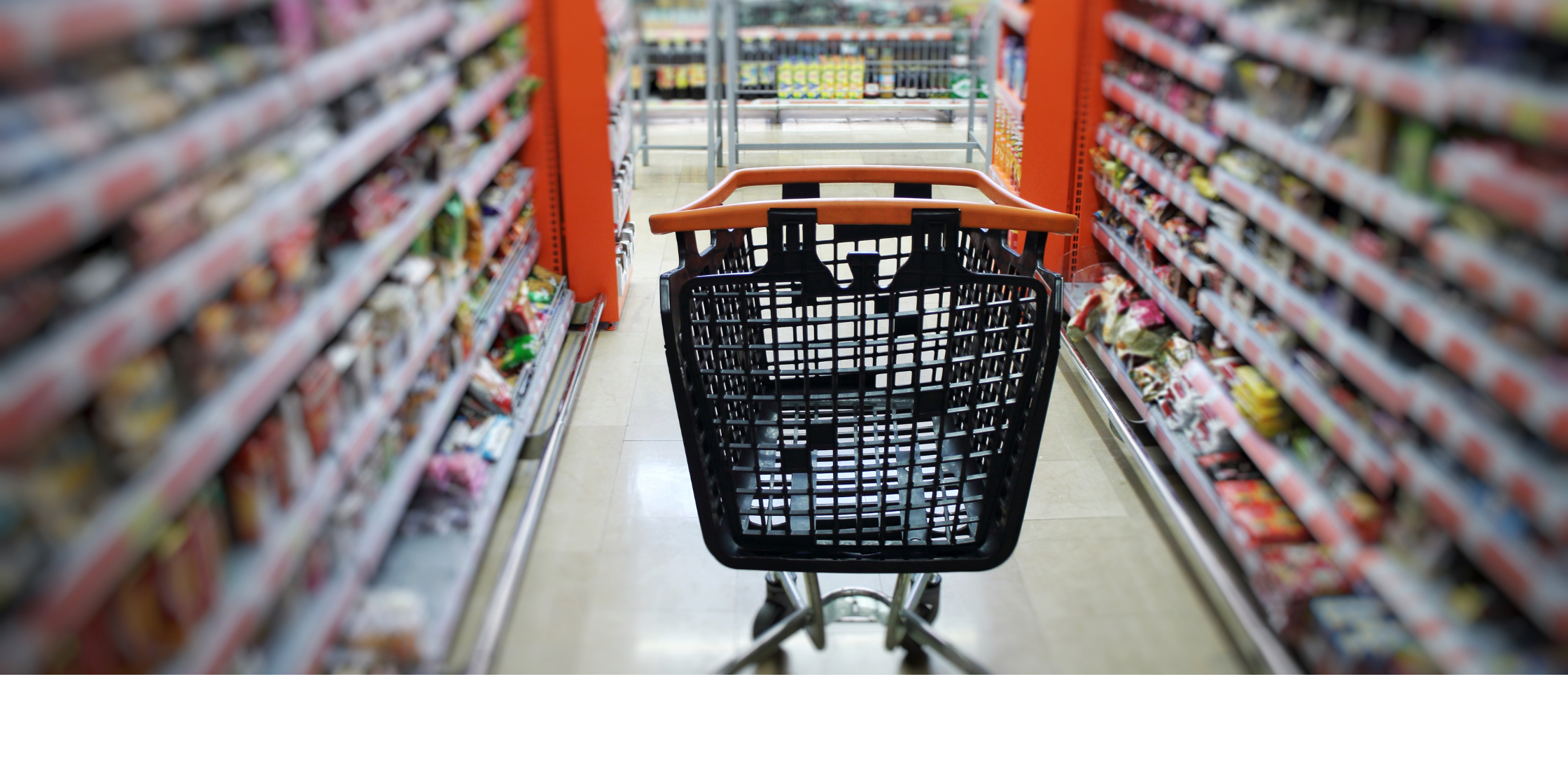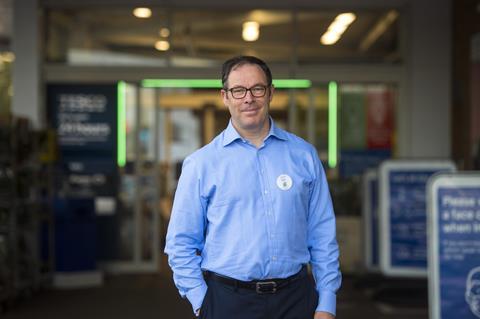25kg Bag Of Pasta for wholesalers
The Benefits of 25kg Bags of Pasta: Why Wholesale Buyers Should Consider Atlante's Bulk...
Thank you for visiting us!
This website does not completely support on Internet Explorer. Please use another browser.
Apologies for inconvenience
By: The Grocer on Apr 19, 2022 11:04:31 PM

Profits at Tesco have soared £1.4bn higher as sales increased over the past year, but the supermarket giant warned the bottom line would come under pressure in 2022 as it battled to keep prices low amid rampant inflation and a cost of living crisis.
Group sales (excluding fuel) rose 2.5% to £54.8bn in the 52 weeks ended 26 February despite coming up against elevated figures from a year ago when restaurants and pubs remained closed during lockdown.
The rise in sales combined with much lower costs associated with Covid safety measures and a return to profitability for its banking operation helped pre-tax profits jump by 220% to £2bn. Although, the group highlighted the rise was partially offset by inflationary pressures in the cost base, particularly in distribution costs.
Its adjusted operating profits from the retail side of the business increased 35% to £2.6bn.
However, Tesco forecast retail adjusted operating profits of between £2.4bn and £2.6bn for the current 2022/23 financial year. The expected profit range is wider than usual given the “significant uncertainties” in the trading environment.

CEO Ken Murphy said Tesco would continue to champion great value for customers at a time when they are facing increasing pressure on household budgets.
“Against a tough backdrop for our customers and with household budgets under pressure, we are laser-focused on keeping the cost of the weekly shop in check - working in close partnership with our suppliers, as well as doing everything we can to reduce our own costs,” he added.
“Through our powerful combination of Aldi Price Match, Low Everyday Prices and Clubcard Prices, we are making more products more affordable, in more places than anyone else.”
Online sales at the group remained significantly ahead of pre-pandemic levels, with orders held at about 1.2 million per week and market share gains of 142 basis percentage points to 34.8%.
UK and Republic of Ireland one-year like-for-like sales increased by 2.2% on top of the “exceptional” growth of the prior year, driven by a sharp recovery in Booker catering sales, strong non-food sales and sustained market outperformance in the UK.
Two-year like-for-like sales increased 8.8%, with all businesses growing versus pre-pandemic levels.
In the UK, one-year like-for-like sales increased 0.4%, which included 1.2% growth in the first half and a 0.5% decline in the final six months as it lapped tough comparators during the second and third national lockdowns.
Murphy said: “Over the last year, we delivered a strong performance across the Group, growing share in every part of our business. We did this by staying focused on our customers and doing the right thing for our colleagues, our supplier partners and the communities we serve. I want to thank all of our colleagues who did a brilliant job navigating the ongoing pandemic, dealing with the supply chain challenges in the industry and tackling the onset of increasing inflation.”
Shares in Tesco plummeted by 5.7% to 255.1p as markets opened as investors digested warnings over future profits.
This article first appeared on the Grocer
The Benefits of 25kg Bags of Pasta: Why Wholesale Buyers Should Consider Atlante's Bulk...
Atlante prides itself in being able to source different pasta varieties, quinoa pasta, chickpea...
Shoppers have reduced their carbon footprint by buying 40% more local products from a regional...